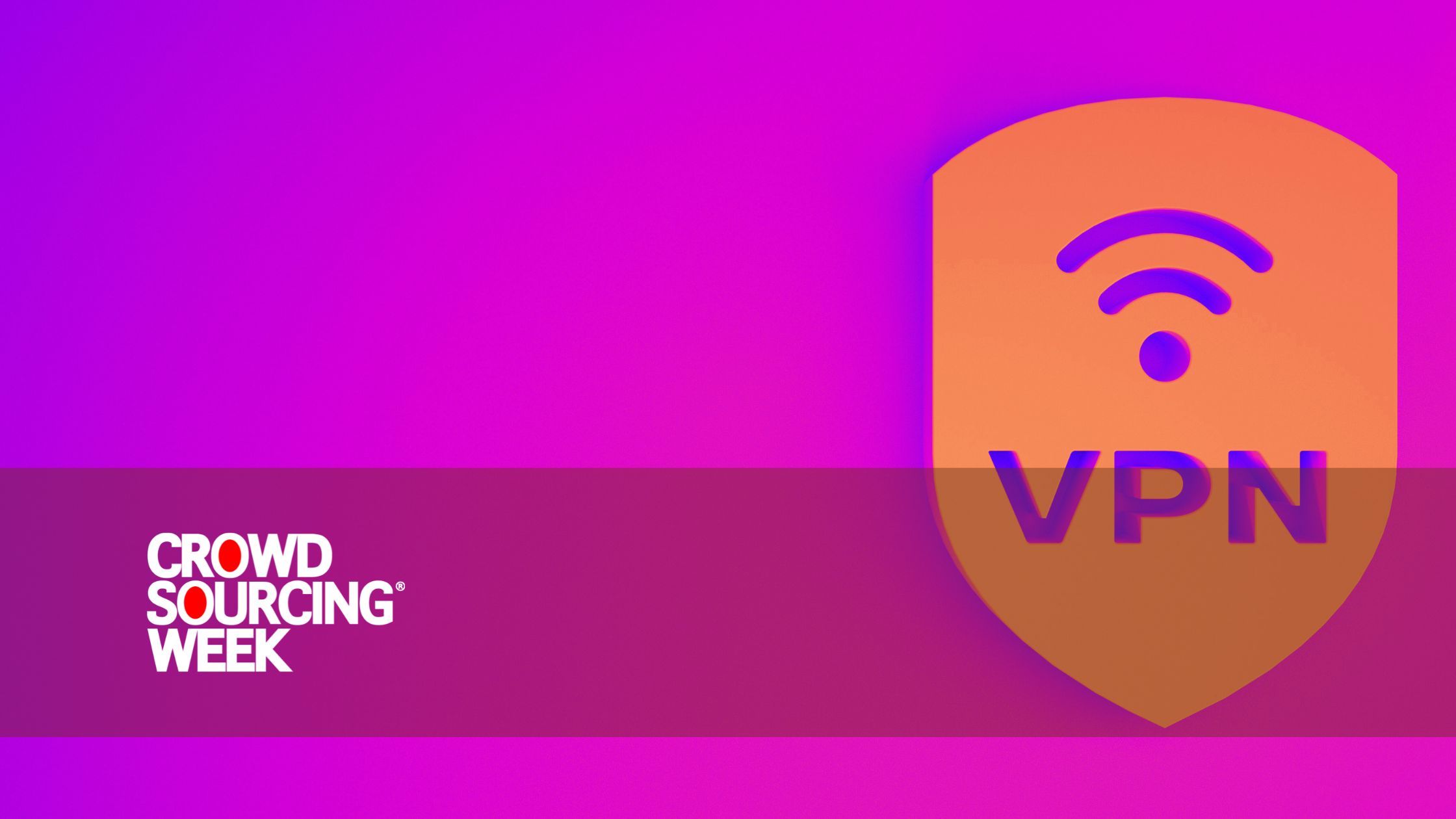Many people use VPNs for added privacy and security while online, as well as for a host of other benefits. However, some streaming companies and other online services have learned to identify VPN-based IP addresses, and effectively block connections using these services. Crowdsourced VPNs are decentralized and use legitimate IP addresses belonging to users local to the company’s server locations. They can be very effective at enabling users to continue enjoying the benefits of virtual private networks, even as services block VPN addresses.
What Is A VPN?
A Virtual Private Network (VPN) is a service that users connect to when they go online. Their connection is immediately routed through the VPN before any information is submitted or passed online. This offers improved security and privacy by obfuscating the user’s actual IP address and preventing anybody from being able to see their online activity or access their information.
How Are Crowdsourced VPNs Different?
When using a standard VPN, you are allocated an IP address by the remote server you choose. Due to the use of VPNs to get around geo-locking, streaming services attempt to identify IP addresses they believe belong to VPNs and then block them.
Instead of using assigned blocks of IP addresses that are easily recognized by astute streaming services, crowdsourced networks use genuine IP addresses belonging to individuals. The IP addresses are still from locations local to the server, but they won’t be blacklisted or blocked by streamers and websites.
Benefits Of A VPN
Avoid Geo-Locked Restrictions
As well as improving security, a VPN can be used to help you circumvent geo-restrictions. Because of licensing rights and other restrictions, some streaming services offer access to different libraries and different content, according to where the user is located. They use IP addresses to determine location, with every IP address giving a general area for the user.
When using a VPN, a user can log on via servers in different countries, and they are given a local IP address. Want Netflix to think you’re located in Japan to get access to a better anime library? Or do you want HBO’s US library, even though you live in the UK? A VPN can do this. According to software review expert Aleksander Stevanovic, VPN users can unblock content on services including Netflix, Hulu, and Amazon Prime, as well as others.
Privacy
Hackers can access private and personal information in a variety of ways. This is a particular threat when using public WiFi because it doesn’t have the same level of security as a home or private network.
Private information can include personal details, as well as personal files, and it can also include banking information and online account data. VPNs work from any location where your device has Internet access, which means they can be used in coffee shops, restaurants, hotels, or on the road, as well as at home. Keep your crypto gambling and your banking details safe using a VPN.
Security
Online security is important to individuals and businesses. Antivirus and other antimalware software can help protect you while online, but because a VPN effectively masks all of your online activity, it can help take online security one step further.
It prevents third parties from being able to view online activity, which not only protects personal data but can also prevent them from gathering data to use for spamming and advertising. Preventing your private information from being stolen also means preventing identity theft, which is increasingly common and can be used to open financial accounts and other accounts in your name.
Prevent Throttling
Some Internet providers use data throttling and bandwidth throttling to slow your Internet connection. A VPN prevents even your Internet Service Provider (ISP) from being able to see how much data you’re using, which means they won’t throttle your connection.
If you’ve been experiencing lag while playing online games, or streaming services seem to be suffering from more and more buffering, this could be down to throttling, and a VPN helps prevent these problems by masking your usage data from your ISP. An administrator who has access to your WiFi settings can also throttle performance when you visit certain websites. But, again, a VPN helps prevent this.
Who Can Benefit From Crowdsourced VPNs?
Everybody can benefit from the additional privacy and security while online, but a crowdsourced VPN is especially useful to the following groups of people:
- Content Consumers – Some streaming services now attempt to block VPN users from accessing their content and bypass geo-restrictions by blocking certain IP addresses and blocks of IP addresses. Because crowdsourced VPNs use genuine IP addresses, this circumvents potential blocking and allows users to access libraries of content on these sites that they wouldn’t otherwise be able to access. As well as streaming video and TV content, this can also be useful for online gamers.
- Security Conscious Users – Personal and business users who want an additional layer of security can prevent third parties from accessing private data. Whether you want to protect private photographs or prevent others from seeing the websites you’re visiting or the files you’re downloading, a VPN is the answer.
- Those With Throttled Connections – Throttled connections are more common for heavy Internet users, including those who stream movies and play online games. It can also be a problem for those who upload a lot of content, including content creators and streamers: typically, the same groups that need additional security. With a VPN connection, you can prevent bandwidth and data throttling from affecting your connection speeds.
- Roamers – Whether you travel with work, lead the digital nomad life, or just like to get online from the coffee shop or restaurant you visit, using a VPN ensures that you aren’t putting your personal data at risk when you log on to public WiFi networks. The best VPNs will work on a variety of devices including home computers, laptops, and mobile devices including cell phones, so you can enjoy privacy and security no matter how you access the Internet.
How To Choose The Best Service
You should choose a VPN according to how you intend to use it. Consider the number and types of devices you use to access the Internet.
If you want a VPN connection for gaming, for example, you will need a service that allows installation on your router because game consoles do not allow for VPN installation directly on the device.
If you’re a media streamer, use a crowdsourced VPN with servers located in the countries where you want to access content.
If you want to improve your online security while you’re online in a hotel, choose the VPN service that offers the best security and privacy features.
Do check the number of devices that you can use a VPN on, whether the service can be upgraded if required, and compare costs to ensure you get the best deal.
Conclusion
Crowdsourced VPNs offer the same services and benefits as standard VPNs, but with the added benefit of avoiding attempts by media streaming companies to block VPN IP addresses. If you’ve found you can’t access Doctor Who on iPlayer, a crowdfunded VPN could be the solution. As well as choosing a crowdsourced service, don’t overlook the privacy, security, and other features of the network.





0 Comments